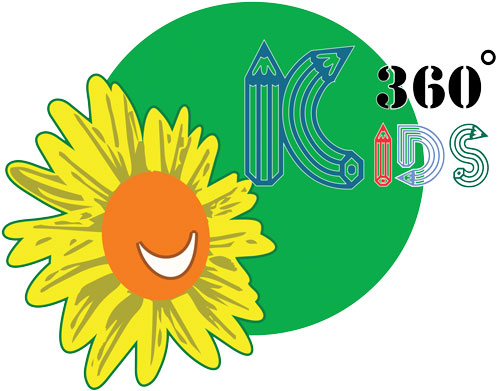Program Planning for Language Development
Exploring Language:
- Meaningful Communication: Teachers design programs that allow children to explore language and communicate their thoughts and learning in meaningful ways with both teachers and peers.
- Informed Decisions: Teachers use learning expectations and observations of children’s needs to make informed decisions about materials and teaching focus, creating an environment that supports language learning and literacy in various ways.
Clarifying and Building Knowledge:
- Supportive Learning: Teachers help children clarify what they already know and provide learning experiences that build on previous knowledge incrementally.
- Gradual Independence: By organizing these experiences effectively, teachers enable children to gradually gain independence in their language use.
The Foundation of Oral Language
Oral language forms the bedrock of literacy development. Through experiences with oral language, children develop critical skills such as phonemic awareness, vocabulary, semantic knowledge, and syntactic knowledge. Proficiency in oral language is essential for literacy success, and our teachers facilitate this by:
- Attentive Listening: Observing and responding to children’s interactions.
- Richer Responses: Providing models of richer responses to guide thinking.
- Vocabulary Introduction: Introducing new vocabulary in context.
Integrated Language Learning
Reading, writing, listening, and speaking are interconnected, and development in one area supports growth in the others. Teachers at 360° Kids Play School ensure that:
- Simultaneous Development: Reading and writing are developed alongside oral language.
- Interrelated Activities: Learning activities integrate oral communication, reading, writing, and media literacy in meaningful contexts.
Curriculum Expectations for Language
The curriculum expectations for language are divided into four subheadings: Oral Communication, Reading, Writing, and Understanding Media Materials. These expectations are addressed through integrated learning activities, such as:
- Planting/Growing Activity: Children might engage in various language activities, including listening to instructions (oral communication), participating in a read-aloud (reading), recording observations (writing), and discussing media about plant care (media literacy).
Encouraging Critical and Creative Thinking
Critical Thinking:
- Different Perspectives: Encouraging children to look at things from different points of view.
- Connecting Experiences: Linking new learning to previous experiences or other texts.
Creative Thinking:
- New Contexts: Using known information in new contexts.
- Artistic Expression: Responding through drawing, painting, movement, or exploring new ideas.
Using Assessment to Plan Instruction
Teachers gather information from ongoing assessments to plan a variety of learning experiences, including intentional instruction. Decisions about support, instruction, and materials are made to:
- Address Individual Needs: Tailor learning experiences to meet the needs and interests of each child.
- Zone of Proximal Development: Ensure activities are within the range of what children can do with and without guidance.
Groupings:
- Varied Groupings: Children engage in small-group, whole-class, and individual learning experiences.
- Flexible Timing: The duration and purpose of groupings vary based on the children’s time in school, age, needs, and instructional focus.
Key Questions for Planning
Teachers plan activities by considering questions such as:
- Child’s Abilities: What can this child do?
- Child’s Knowledge: What does this child know?
- Next Steps: What does this child need to learn next?
Overall Expectations by the End of Kindergarten
- Oral Communication: Communicate by talking and listening for various purposes in different contexts.
- Understanding Written Materials: Demonstrate understanding and critical awareness of written materials read by and with the teacher.
- Reading Strategies: Use appropriate reading strategies for beginning readers to understand various written materials.
- Writing Communication: Communicate in writing using strategies suitable for beginners.
- Media Awareness: Demonstrate an initial understanding and critical awareness of media texts.
Conclusion
At 360° Kids Play School, we emphasize building on children’s prior knowledge and experiences to foster language development. Through a combination of thoughtful program planning, integrated learning activities, and ongoing assessment, we support each child’s language journey, ensuring they develop strong communication skills that form the foundation for lifelong learning and success.

